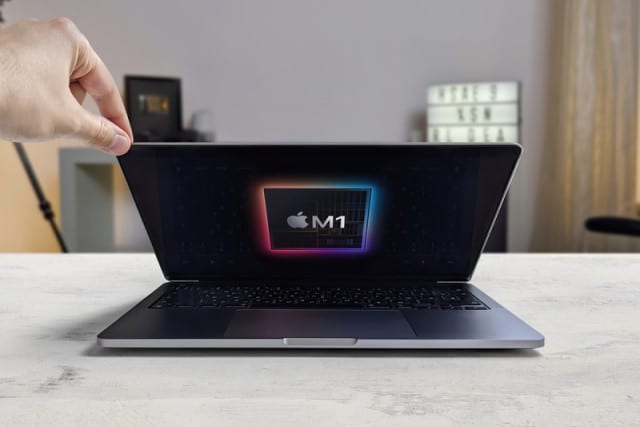
Google to block sideloading of apps from unverified developers
Downloading apps from an official app store helps to avoid dodgy software. The obstacles that can stand in the way of developers getting their apps into the likes of the Google Play Store, however, means that sideloading remains incredibly popular.
Sideloaded apps – those downloaded from unofficial sources – can be safe, but it is something of a minefield. And this is why Google has announced plans to block the sideloading of apps from developers that it has not been able to verify.

Stop sideloading headaches on Apple devices: Why EU admins need MDMs now more than ever
Apple just went full Android in the EU. While sideloading, the act of installing apps from sources other than the OS's official app store, is a familiar practice for Android users, it marks a departure from the tightly integrated ecosystem that has long characterized Apple's approach.
While the option to pick and choose the apps on their devices holds appeal for certain enterprises, EU admins might not agree. Maintaining a delicate equilibrium between user privacy and strong endpoint security has always been a challenge, one that is bound to escalate with the EU's latest regulatory changes.

Apple blocks sideloading of iOS apps on M1 Macs
The arrival of Apple's M1 chips opened up the possibility of running iPhone and iPad apps under macOS. Running natively in this way is reliant on developers making the necessary changes to their creations which can then be installed via the Mac App Store.
But, of course, not all developers are willing or able to make the necessary updates and so their apps have not been available in the App Store. However, many people have been side-stepping this obstacle by sideloading unsupported apps. Having noticed this activity, Apple has intervened and blocked such sideloading.
